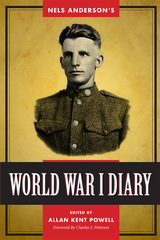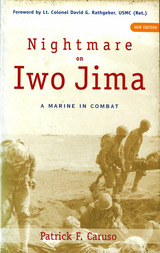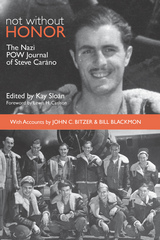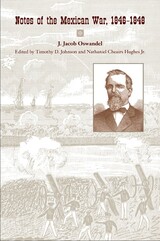5 start with N start with N

Nels Anderson’s World War I Diary provides a rare glimpse into the wartime experiences of one of the most well-respected sociologists of the twentieth century, the renowned author of The Hobo (1920) and Desert Saints: The Mormon Frontier in Utah (1942). Anderson, a keen observer of people, places, and events his entire life, joined the U.S. Army in 1918 at the age of 29 and was sent to Europe to fight as part of the Allied Expeditionary Force (AEF) under General Pershing. Because keeping a journal was strongly discouraged among American forces during WWI, particularly among the rank-and-file soldiers, Anderson’s diary stands as a rare gem. Furthermore, it is the only known account of war service during WWI by a member of the LDS Church. Anderson joined the Mormon faith after accepting the hospitality of an extended Mormon ranching family during his travels throughout the American West as a working hobo.
Anderson’s accounts of the St. Mihiel and Meuse-Argonne offensives are particularly remarkable given the challenges of keeping a detailed journal amidst the chaos and suffering of the war’s Western Front. His insights into the depravity and callousness of war are buttressed with intimate human portraits of those to whom he was closest. The war years provided many formative experiences that would prove to have a lasting influence on Anderson’s views regarding the working poor, authority, and human values; this would come to bear heavily on his later work as a pioneering sociologist at the University of Chicago, where he helped establish participant observation as a research method. The many introspective entries contained in this volume will be of reat interest to military historians and history buffs as well as to those in the social sciences looking to find the intellectual origins of Anderson’s later work in the burgeoning field of sociology.
Winner of the Army Historical Foundation Distinguished Writing Award for Journals, Memoirs, and Letters.


Basing this compelling war memoir on his original World War II diary, Pfc. Richard D. Courtney tells what it was like to be a combat infantryman in the greatest and most destructive war in history.


In December 1846, John Jacob Oswandel—or Jake as he was often called—enlisted in the Monroe Guards, which later became Company C of the First Pennsylvania Volunteer Regiment. Thus began a twenty-month journey that led Oswandel from rural Pennsylvania through the American South, onward to the siege of Veracruz, and finally deep into the heart of Mexico. Waging war with Mexico ultimately realized President James K. Polk’s long-term goal of westward expansion all the way to the Pacific Ocean. For General Winfield Scott, the victorious Mexico City campaign would prove his crowning achievement in a fifty-three-year military career, but for Oswandel the “grand adventure of our lives” was about patriotism and honor in a war that turned this twenty-something bowsman into a soldier.
Notes of the Mexican War, 1846–1848, is the quintessential primary source on the Mexican War. From Oswandel’s time of enlistment in Pennsylvania to his discharge in July of 1848, he kept a daily record of events, often with the perception and intuition worthy of a highly ranked officer. In addition to Oswandel’s engaging narrative, Timothy D. Johnson and Nathaniel Cheairs Hughes, Jr. provide an introduction that places Oswandel’s memoir within present-day scholarship. They illuminate the mindset of Oswandel and his comrades, who viewed the war with Mexico in terms of Manifest Destiny and they give insight into Oswandel’s historically common belief in Anglo-Saxon superiority—views that would bring about far worse consequences at the outbreak of the American Civil War a dozen years later.
As historians continue to highlight the controversial actions of the Polk administration and the expansionist impulse that led to the conflict, Notes of the Mexican War, 1846–1848, opens a window into the past when typical young men rallied to a cause they believed was just and ordained. Oswandel provides an eyewitness account of an important chapter in America’s history.
READERS
Browse our collection.
PUBLISHERS
See BiblioVault's publisher services.
STUDENT SERVICES
Files for college accessibility offices.
UChicago Accessibility Resources
home | accessibility | search | about | contact us
BiblioVault ® 2001 - 2024
The University of Chicago Press









